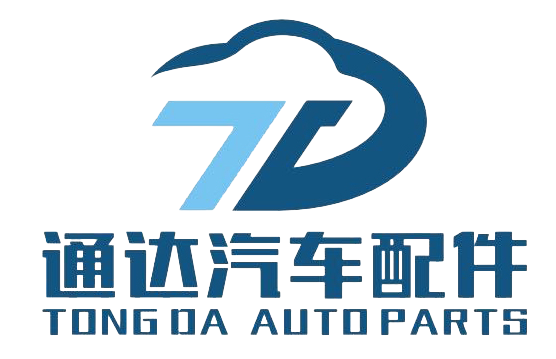Filtr dəyişdirmə dövrünə təsir edən amillərin dərin təhlili Azərbaycan
Filtr dəyişdirmə dövrünə təsir edən amillərin dərin təhlili
Among the many aspects of car maintenance and upkeep, replacing the filter is undoubtedly a crucial step. As an important component for filtering impurities and protecting key components in various systems of automobiles, the performance status of filters directly affects the operating efficiency, fuel economy, and even the service life of the entire vehicle. However, the replacement cycle of the filter is not fixed, but is influenced by multiple factors. This article aims to explore these influencing factors in depth, in order to provide more scientific and reasonable guidance for filter replacement for car owners and maintenance personnel.
1、 Vehicle usage environment and conditions
**1. Air quality**
Air quality is the primary factor affecting the frequency of air filter replacement. In areas with high dust and poor air quality, such as around construction sites, desert areas, or cities with severe industrial pollution, the particulate matter content in the air is high, which can accelerate the clogging of air filters and shorten their service life. Therefore, vehicles driving in these environments should shorten the replacement cycle of the air filter appropriately.
**2. Road condition**
The road conditions directly affect the lifespan of the oil filter and fuel filter. Frequent driving on unpaved roads, muddy roads, or areas with high levels of sand and dust can lead to an increase in impurities in the engine oil and fuel, as well as clogging of the acceleration filter. In contrast, vehicles driving on highways or good urban roads have a relatively lighter burden on the filter, and the replacement cycle can be appropriately extended.
2、 Vehicle type and performance
**1. Engine type**
Different types of engines have different requirements for filters. High performance engines often operate under high loads and high speeds, requiring a large amount of oil and air, and are also more prone to producing impurities and wear particles. Therefore, the corresponding filters need to be replaced more frequently to maintain optimal performance.
**2. Fuel type**
There are differences in the types and replacement cycles of filters used in diesel and gasoline vehicles. Diesel contains more impurities and sulfur, which requires higher filtering ability of fuel filters. Diesel vehicles usually use high-pressure common rail injection systems, which have stricter requirements for fuel cleanliness. Therefore, the replacement cycle of diesel filters is usually shorter than that of gasoline filters.
3、 Driving habits and maintenance status
**1. Driving style**
Radical driving styles, such as frequent rapid acceleration and braking, can increase engine load, accelerate oil and air circulation, and thus accelerate filter wear and blockage. In contrast, the driving habits of gentle driving, smooth acceleration, and deceleration can effectively extend the service life of the filter.
**2. Regular maintenance**
Regular maintenance is crucial for extending the lifespan of filters. Regular maintenance measures such as changing engine oil and cleaning the fuel system can reduce the burden on the filter and extend its service life. On the contrary, neglecting maintenance can lead to premature filter failure and even affect engine performance.
4、 Filter quality and brand
The quality and brand of the filter are also important factors affecting its replacement cycle. High quality filters use advanced filtering materials and designs, which can effectively improve filtration efficiency and extend service life. Poor quality filters not only have poor filtration efficiency, but may also be damaged prematurely due to the material's lack of durability, increasing the frequency of replacement. Therefore, choosing a well-known brand and reliable quality filter is the key to ensuring vehicle performance and extending replacement cycles.
5、 Manufacturer's recommendations and industry standards
Automobile manufacturers usually provide filter replacement recommendations to users based on factors such as vehicle characteristics and usage environment. These suggestions are based on extensive testing and data analysis, and have a certain degree of universal applicability. At the same time, the automotive industry also has corresponding standards and specifications for filter replacement, which serve as important guidance for car owners and maintenance personnel. Following these recommendations and standards helps ensure the effectiveness and safety of the filter.
In summary, the replacement cycle of the filter is the result of a comprehensive consideration of multiple factors. Car owners and maintenance personnel should flexibly adjust the replacement cycle based on various factors such as the specific usage environment, type, driving habits, filter quality, and manufacturer recommendations of the vehicle, to ensure that the filter is always in the best working condition and provide continuous and reliable protection for the vehicle. Through scientific and reasonable filter management, not only can vehicle performance be improved, but maintenance costs can also be effectively reduced, and the service life of vehicles can be extended.

 EN
EN







































